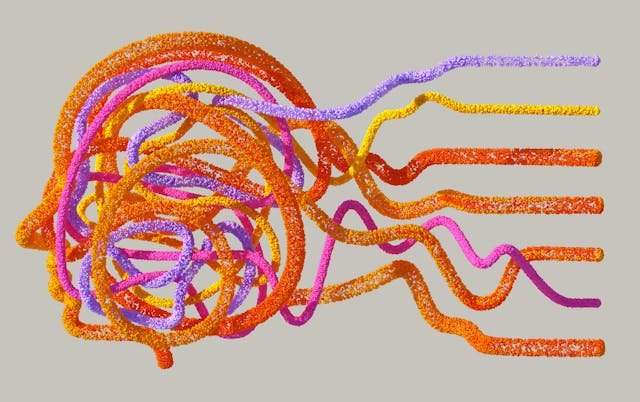
March is designated as Brain Tumour Awareness Month, a crucial time to elevate awareness about brain tumours, provide support to those affected, and promote research for improved treatments and support systems. This month plays a vital role in the realm of brain tumour awareness, as early detection and timely access to treatments can significantly influence positive outcomes.
In honor of Brain Tumour Awareness Month, we have gathered essential signs and symptoms to keep an eye on, along with ways you can show your support this March.
Firstly, What Is A Brain Tumour?
A brain tumour refers to an abnormal cellular growth or mass occurring in or around the brain. These tumours can either be cancerous (malignant) or non-cancerous (benign), and may be categorized as primary or secondary. Primary brain tumours originate within the brain, whereas secondary tumours arise when cancer spreads to the brain from another part of the body.
Although ongoing research continually seeks to unravel the complexities surrounding brain tumours, the primary cause is often linked to changes in the DNA of brain or adjacent cells, resulting in uncontrolled cellular growth.
What Are Some Symptoms to Be Aware Of?
Symptoms of brain tumours can vary widely among individuals. If you or a loved one is experiencing concerning health issues, it is essential to consult a medical professional for diagnosis and treatment. While having one or more symptoms does not necessarily indicate a brain tumour, staying vigilant about health is crucial.
Here are some key signs and symptoms to watch for:
- Headaches: Persistent headaches, especially those that worsen in the morning, can be a common sign of a brain tumour. However, not all headaches signal a tumour.
- Seizures: New onset seizures or an increase in the frequency of existing seizures could indicate the presence of a brain tumour.
- Nausea & Vomiting: Increased intracranial pressure may lead to gastrointestinal symptoms, such as persistent nausea or vomiting.
- Drowsiness & Fatigue: Unexplained tiredness or excessive sleepiness can be symptomatic of various cancers, including brain tumours.
- Vision Changes: Blurred or double vision, as well as sudden loss of vision in one or both eyes, may occur.
- Speech Difficulties: Slurred speech, and trouble speaking or understanding, can be symptoms associated with brain tumours.
- Weakness & Numbness: Experiencing numbness or weakness, particularly on one side of the body, may be related to a brain tumour.
- Balance Issues: Difficulty with coordination or balance can also be indicative of a brain tumour.
- Changes in Personality: Significant changes in mood, behavior, or personality can be subtle signs of a underlying brain issue.
- Memory Problems: Struggling to remember things or learn new information might suggest a potential brain tumour.
- Confusion: Confusion, especially in the later stages, is a serious symptom indicating a potential brain tumour.
While these symptoms are common, they can also indicate other health conditions. If you’ve experienced any of these symptoms for an extended period, make sure to consult your GP for further evaluation.
What Treatment Options Are Available for Brain Tumours?
Prompt detection is critical for achieving the best outcomes for brain tumours, although treatment options exist for all stages of diagnosis. Treatment varies based on the location, size, grade, and type of brain tumour, and it may involve surgery, radiotherapy, chemotherapy, or targeted therapy.
If you are currently receiving treatment for a brain tumour, consider exploring integrative medical options to enhance your immune system. High-dose vitamin C IV therapy is one such integrated approach that complements traditional treatments, aiming to boost immunity and aid recovery from chemotherapy.
Support Brain Tumour Awareness This Month
There are numerous ways to demonstrate your support this month. You can spread awareness, donate to charities supporting research, participate in fundraising events, and wear grey, the internationally recognized color for brain tumours.
Whether you have faced a brain tumour yourself, know someone who has, or simply want to contribute, engaging in conversations and promoting regular check-ups with healthcare providers is vital this month.






